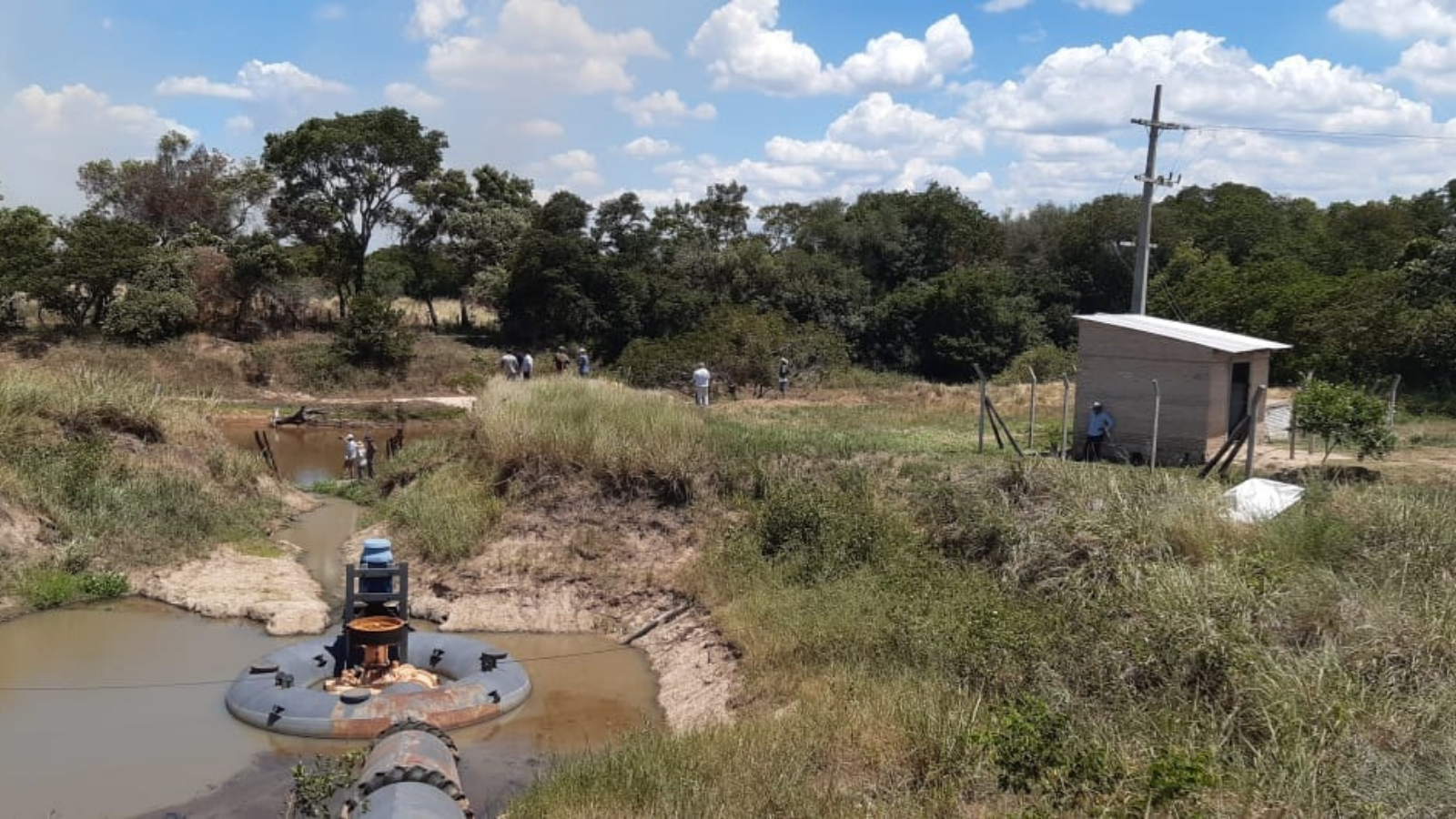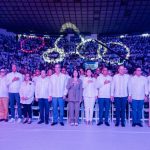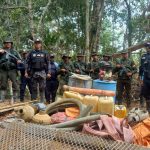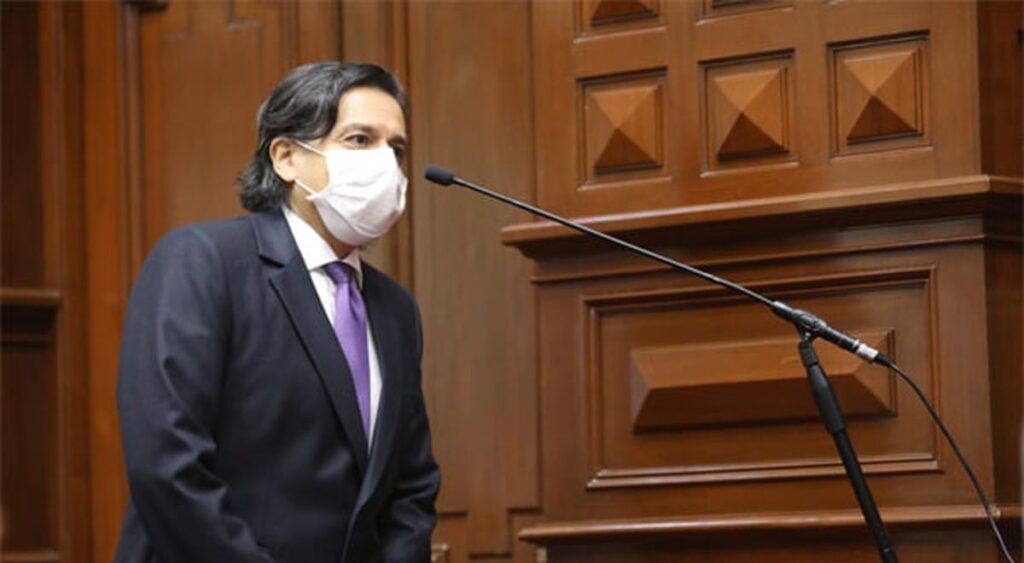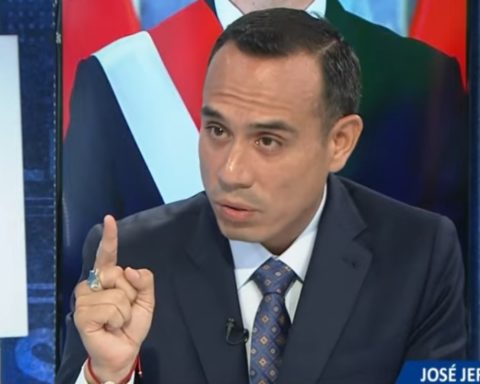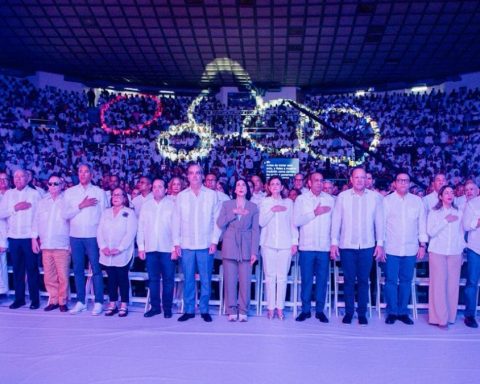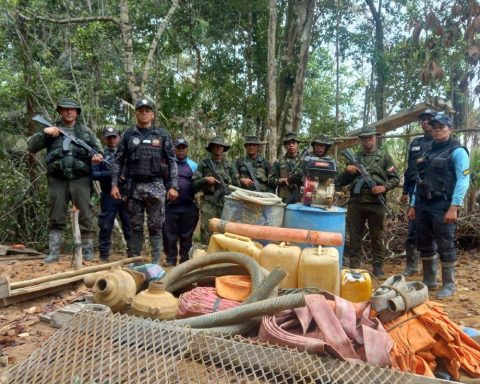Since 2017, social organizations such as Defensores del Río Yhaguy and the Citizen Comptroller of Primero de Marzo (Cordillera), have been denouncing the pumping of said watercourse by Fernando Serrati’s Piri Puku SA livestock company.
However, despite filing complaints with the relevant entities, three years later, they continue to suffer from the scourge.
Secundina Sosa, a resident and defender of the Yhaguy River, affirmed that the pumping that the river suffers is a problem that mainly affects the districts of San José Obrero and Primero de Marzo.
“A rice company named Piri Pucú SA was established. Fernando Serrati Zavala is one of its managers. All environmental laws are being violated. We have done a lot of diligence, but we have no answers from the authorities,” lamented the resident.
Sosa, with another group of neighbors, has already appealed to the mayor of Primero de Marzo, then to the government of Cordillera, even reaching Congress, but without success.
“We did not find a positive answer. Many people think that only the river is affected, but this is not the case. It is much more serious because channeling is being done where there are wetlands”, he stated.
The resident regrets that the company takes the water from the aforementioned watercourse without any type of control from the Ministry of the Environment (Mades).
“Minister Ariel Oviedo was at the scene. He talked to the businessman. Some measures were set that he should do three years ago but they never did, ”he said.
Due to this situation, the residents held demonstrations and road closures, but despite this, they had no answers.
BUSINESSMAN
The resident denounces that the businessman Serrati not only diverts the Yhaguy, but also opens other channels downstream.
“In the Arroyos y Esteros area, he (Serrati) opens drainage channels. The rice needs fumigation and they are thrown from planes. The water that they no longer use is thrown back into the riverbed, that is also an ecological crime”, he affirmed.
BILL
In 2019, at the initiative of the residents, parliamentarians presented a draft declaration of the basin as a protected wilderness area, but two votes from mountain deputies prevented its approval.
“The river is a source of food for poor people and all the villagers who are nearby go fishing. We are affected because what was fished before is not produced. In addition, the polluted water that runs downstream affects the residents who still consume water from the river and the bathers”, she finally said.
